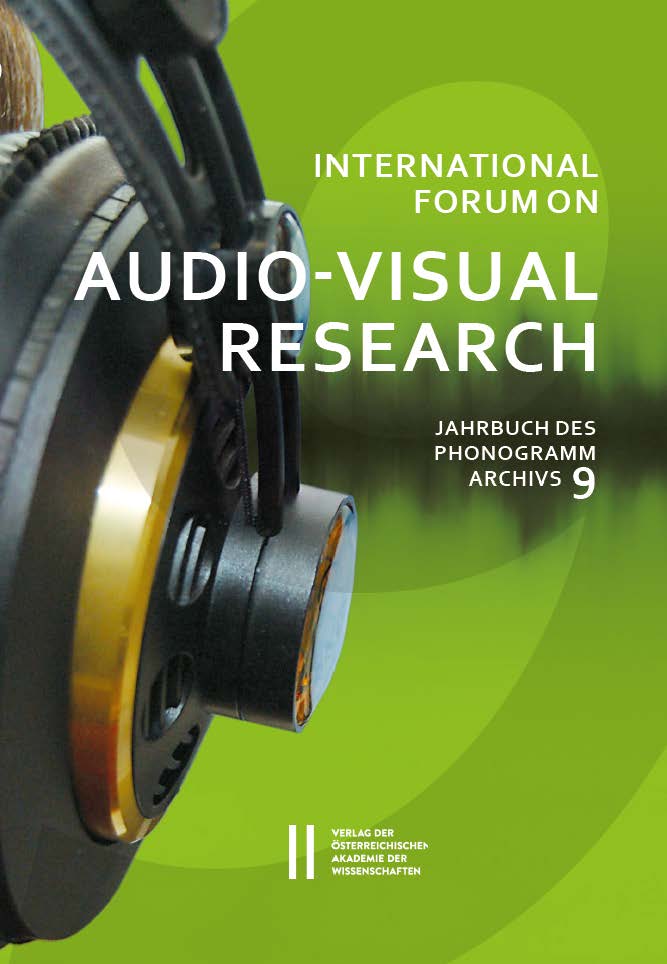
International Forum on Audio-Visual Research - Jahrbuch des Phonogrammarchivs 9, pp. 41-79, 2019/05/02
For many sciences, the outbreak of the First World War was understood as a “research opportunity that would never be seen again”. Particularly for young and relatively unestablished disciplines—such as anthropology and folklore— the war represented a once-in-a-lifetime chance. In this vein, the war was seen as a “laboratory”, and a wide range of research projects were quickly established on the front, in staging areas, and even in the rapidly growing prisoner- of-war camps. For the first time, this article provides an overview of the wide array of research projects undertaken by German, Austrian, and Hungarian folklorists and anthropologists on one side of the war, as well as research done by their British, French, and Italian colleagues on the other side of the front lines. On the one hand, this article will describe the historical background of such research, which stretches back to the 19th century. Particularly in the German-speaking countries, the studies done in prisoner-of-war camps were closely associated with the institutionalization of anthropology and folklore as scientific fields. On the other hand, this paper identifies and presents a variety of different patterns of anthropological and folkloristic research that were organized in very different ways across Europe. One commonality between all of the research carried out during the World War is that the results were ultimately compiled to form large collections. Their presents are every bit as divergent as the respective histories of these collections—particularly with respect to the phonographic recordings taken during the war.
Keywords: Anthropology, European folklore, research survey, institutionalization, collection strategies